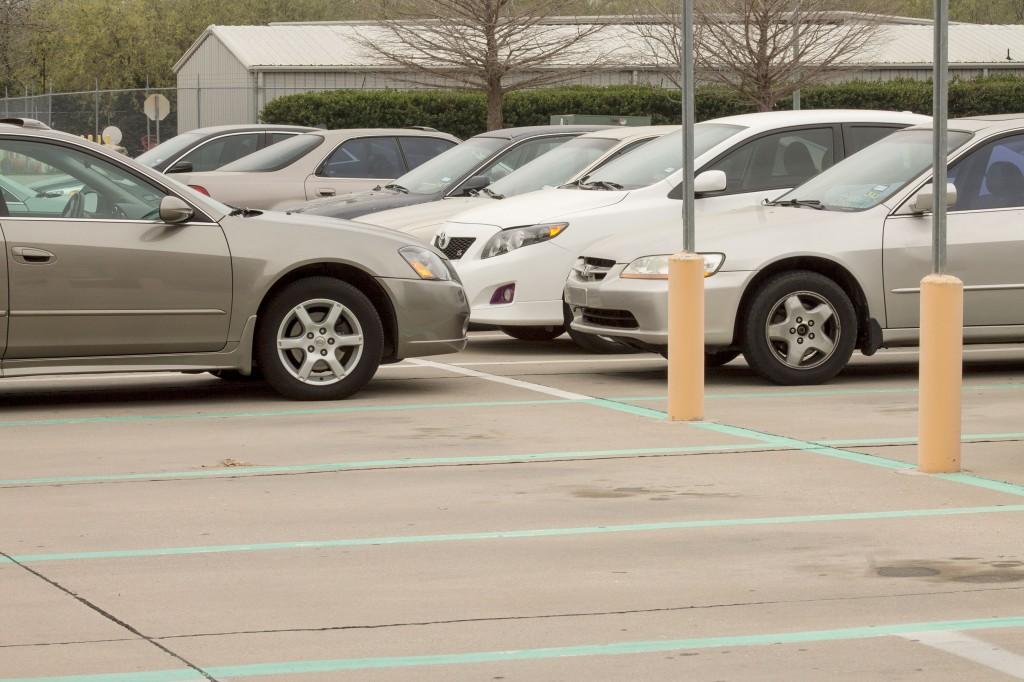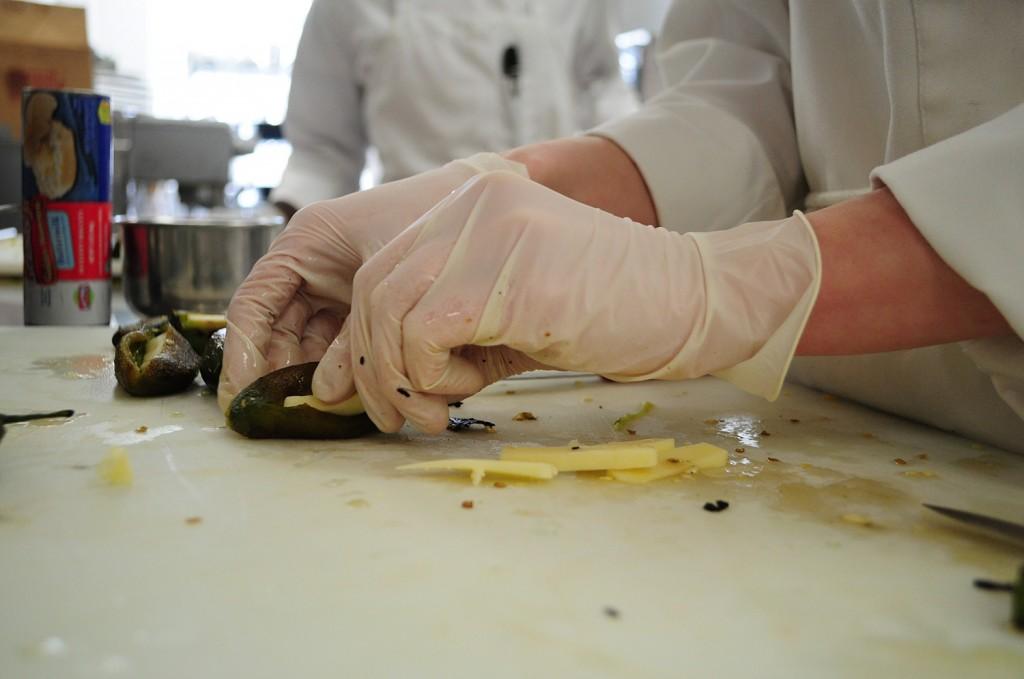By Valerie Edwards/reporter
The phone rang quietly at the receptionist’s desk. I heard a slight pause, then the phone on my desk rang.
It was a typical day of writing insurance policies, handling claims and pushing papers as I had the day before and the day before that. But this day in particular is one I will never forget. It was the day I received the phone call telling me I had multiple sclerosis.
I was 23.
Many people who learn they have MS have signs and symptoms for years indicating something is wrong, but usually, they cannot pinpoint the cause. Most find out they have the disease well into their 40s. The majority have a well-developed career, a spouse, a home, and some already have children too.
For these people, having the diagnosis is a relief, answers to the unknown and finally a point at which they can try to treat the symptoms that continue to attack.
The day I learned I had MS, I was terrified, plain and simple. I was angry that the doctor sharing life-altering news called while I was at work.
He shared with me that I had lesions on my brain and spine, but then he provided me no comfort, no reading materials, nothing to put my mind at ease. He left me hanging to fight my own fears — alone.
After extensive research at the local library, bookstores and thousands of Internet sites, I learned I was going to end up in a wheelchair, I would be depressed, I would struggle climbing stairs or stepping up onto curbs. I would have to wear special shoes with awkward contraptions if I could continue walking. I would have problems with my vision, I would have cognitive setbacks and I could never go outside in the Texas heat because the results could exacerbate my disease.
To make matters worse, the “solution” consisted of daily, three-times-a-week or weekly shots to try to keep the disease under control, but even those may or may not work.
I was completely deflated. A shot, for the rest of my life?
The outlook was grim.
I only had numbness in my toes on my left foot in the beginning. Within weeks, the numbness traveled up the entire left side of my body to my ribcage.
I was an athlete throughout school, and until this point, I had a squeaky clean bill of health. I thought I was invincible. But on this day, I was helpless and shaken.
That was in 2002, but I have made a lot of discoveries along the way to get where I am today.
Multiple sclerosis attacks the body’s own immune system. With MS, there is no standard “this will happen to you.” In fact, it is extremely unpredictable. No fixed method of treatment will make everything better, but several options are available to find what works best. MS is truly different for everyone, but others are out there who can relate their stories or listen to yours.
The biggest breakthrough for me was realizing those suffering who are lucky enough to “catch” the disease at a young age have a real chance to stop its progression.
As I started telling family, friends, co-workers and even strangers about my disease, I found strength, comfort and a refreshed outlook.
Despite the initial research suggesting otherwise, I enjoy the outdoors anywhere, but especially in Texas. I continue to play sports weekly. I live on the third floor and climb stairs daily. My vision is still 15/20, and my mind is sharp. I am not depressed, and I have never needed a wheelchair.
High heels and multiple sclerosis are often a recipe for disaster, but for me, wearing high heels is a daily reminder that I am stronger than the disease, and I will not accept defeat in my battle. In fact, I wear high heels every day. I am proud, and I love it.
I found a new neurologist, one that not only knew more about the disease but who treated me like an individual with care and compassion.
With the help of my doctor, I also found the medicine — a weekly shot — that not only works for me, but one that seemingly has stopped the progression of my disease.
I also learned many new drugs are being researched every day and released to the public more often. Oral medications are slowly starting to break into the market, which is a welcomed addition.
Many devices are available to assist people with MS to continue to do the things they have always done, such as body cooling packs for those who love the outdoors.
I know I am fortunate, but I am also thankful. Finding out I had MS at 23 was a blessing, not a calamity. I could face the disease head-on, and I could fight back.
My outlook today is very different from that fearful day in the office. I may have MS, but MS does not have me.




























